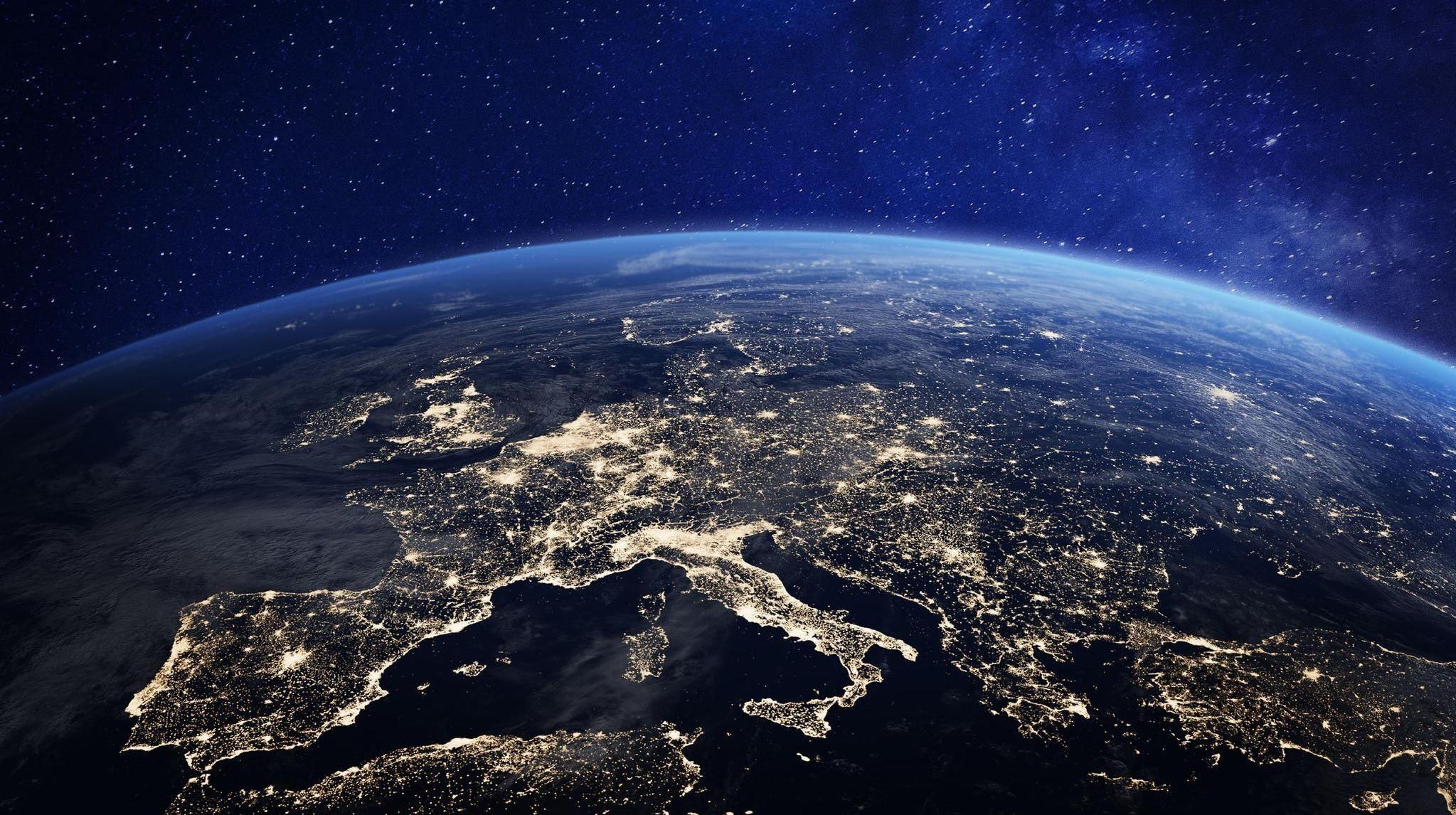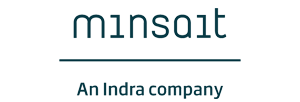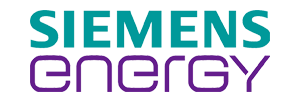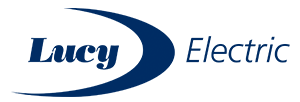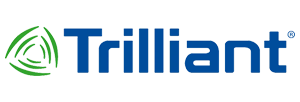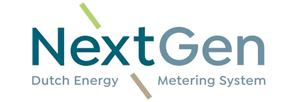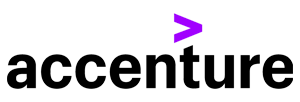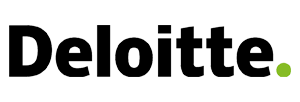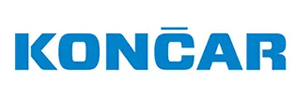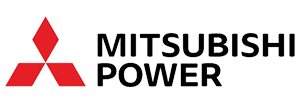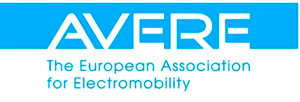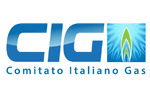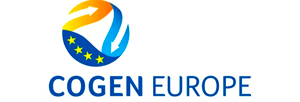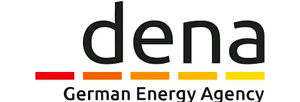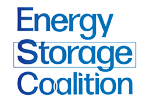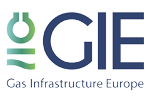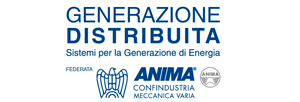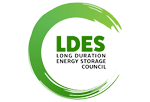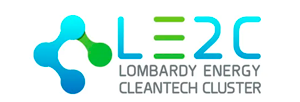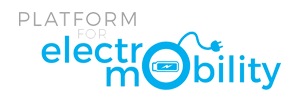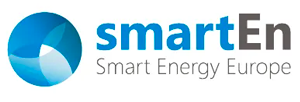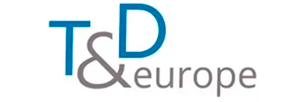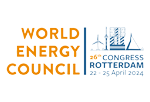The Impact of the Energy Transition on European Competitiveness
)
- Event: Enlit Europe
- Date: 22nd October 2024
- Estimated read time: 10–12 minutes
Quick Summary
How can Europe remain competitive amid the global energy transition? At Enlit Europe 2024, energy leaders agreed: innovation, smart grid investment, and a digitally empowered workforce are vital. From digitised pipelines to virtual power plants, the session revealed how Europe can unlock resilience, speed up renewable energy investment, and build smart grid systems that truly work for people. But the biggest challenge? Regulation.
Watch the video or read the article below:
Introduction: Rethinking Energy for a Competitive Europe
What does Europe need to stay competitive in a fast-advancing global energy race?
This fundamental question set the stage for an electrifying opening panel at Enlit Europe 2024 titled “The Impact of the Energy Transition on European Competitiveness.” Bringing together a diverse group of energy leaders, the session unpacked the complex intersection between innovation, policy, digital infrastructure, and public acceptance. Moderated with energy and wit, the conversation affirmed one essential truth: Europe’s competitiveness hinges not just on decarbonisation—but on the speed and success of its energy transition.
The session welcomed six key voices from across the continent’s energy ecosystem:
- Paolo Gallo, CEO, Italgas
- Ana la Fuente, Director Global Networks, Iberdrola
- Hello (EDP Europe CEO)
- Greg Jackson, CEO, Octopus Energy
- Gianni Vittorio Armani, CEO, Terna
- Schneider Electric’s representative
Their shared message? Innovation is vital—but so too are flexible regulation, reliable grids, and consumer-centred approaches. And above all: Europe must move fast.
Innovation: From Buzzword to Baseline
Moderator: "The Draghi report uses the word 'innovation' 113 times. Let’s start there—why is innovation central to Europe’s energy future?"
Paolo Gallo set the tone with a bold statement: “The energy future is already here, and it’s digitised.” He detailed how Italgas has transformed its gas distribution network into a fully digitised infrastructure—one that now collects billions of data points. Leveraging these for AI-driven management, innovation in Italgas isn't speculative—it’s tangible.
“For eight years, we’ve embraced a massive innovation journey,” said Gallo. “Now, we’re building AI to manage our networks in real time. Decarbonised molecules like biomethane and hydrogen require digital pipelines. Innovation enables that future.”
Ana la Fuente from Iberdrola echoed this, underlining that electrification and digitisation are inseparable. “We’re now immersed in a systemic transformation, and innovation is what allows us to meet evolving grid requirements,” she said. “Without digitalisation, we cannot deliver efficient, resilient, or scalable networks.”
For Hello of EDP, Europe’s top innovation challenge is clear: mass electrification. Drawing on EDP’s transformation—moving from under 20% renewables to nearly 100%—he argued that tech isn’t enough alone: public and political buy-in is equally vital. “We’re investing €2 billion in digital,” he noted, “but we also need innovation in social acceptance. That’s part of the revolution.”
Greg Jackson of Octopus Energy energised the audience with examples of “innovation in action,” from homes with zero energy bills to dynamic tariffs managed by Kraken, their energy platform. “Innovation isn’t just about tech, it’s about applying it where people feel it—where they save money and participate,” Jackson explained.
For Gianni Vittorio Armani, two forms of innovation were vital: internal (long-term R&D) and external (partner ecosystems). “We need visionary investment in things like oil-free switchgear, but also agile partnerships—like with AutoGrid, our virtual power plant partner. We’re digitising to handle flexibility intelligently.”
Key Insight:
Innovation must focus on both infrastructure and people—decarbonising grids, lowering costs, and supporting new business models in decentralised energy. These goals are deeply intertwined with the broader aims of the energy transition.
Grids as Competitive Infrastructure
As the transition to renewables accelerates, energy infrastructure must shift from rigid to resilient.
The panel unanimously declared modern grids the bedrock of the continent’s energy competitiveness. Gone are the days when passive grids merely delivered electricity. Now, they must orchestrate intermittent and decentralised sources across complex, real-time demand.
La Fuente stressed that a smart grid is “much more than smart meters.” Iberdrola is increasing its investment in low-voltage innovation, installing secondary substation intelligence and digital controls to interface with consumer energy use and generation. “We need double the investments—at minimum—to build capacity and responsiveness into the grid.”
Gianni Armani described how Terna is embedding digitisation within networks to enable interactivity and create open platforms for third-party applications. The ambition? Design Europe’s new energy operating system. “We want developers, startups, and partners to plug into our grid layer via APIs and create value.”
Challenges remain—especially integrating renewables across fragmented regulatory frameworks. “The energy system isn’t just transitioning,” noted Armani. “It’s becoming dynamic and decentralised. Our grids have to evolve to keep pace, or we’ll face rising costs and growing outages.”
Key Insight:
Grid modernisation isn’t optional. A truly smart grid is the enabler of everything else—consumer flexibility, decentralised assets, battery storage—and must therefore be digitised, decentralised, and democratized to meet the demands of the energy transition.
The Talent and Public Support Equation
“But what about people?” the moderator asked—probing both workforce and public adoption issues brought up in earlier keynotes.
Jackson offered strong evidence of energy’s power to inspire employment: “In just nine years, Octopus has hired 10,000 people—more than 3,000 last year alone. And 55% of our new engineers were previously gas engineers. Our jobs are net new, future-proof jobs.”
Talent attraction isn’t just about pay, he pointed out, but purpose. “We had over 260,000 job applications last year. Clean energy isn’t an obligation—it’s an aspiration.”
The challenge now is matching public enthusiasm with user-friendly systems. “Today, getting a solar panel in France or a heat pump permit in the UK is too bureaucratic,” Gallo noted. “We need regulatory agility, or we risk demotivating consumers.”
There’s also variability across Europe. “Customers in Italy invested more in renewables last year than the entire public distribution sector,” Armani said. “Enabling citizens through clear, simple policy could supercharge adoption and spur vital renewable energy investment.”
Hello agreed: “We can design the smartest systems, but if customers can't or won't adopt them—we fail. The energy transition must be about co-creation.”
Key Insight:
Europe needs actionable talent pipelines, consumer-friendly policies, and inclusive planning frameworks—making citizens both beneficiaries and participants in the energy transition.
From Energy Security to Resilience
Unsurprisingly, geopolitics and security of supply loomed large over the panel.
Referencing the war in Ukraine, Paula Gallo reiterated why diversifying supply—and digitising demand—is vital: “We saw the fragility of over-reliance. Solutions like biomethane and hydrogen must help decentralise sovereignty over energy.”
La Fuente and Hello positioned renewables as a tool of sovereignty. “For decades, Europe has relied on fuel it doesn’t have,” Hello said. “We do have wind, sun, and the technology. Why not reindustrialise on our terms?”
Security isn’t just about generation, however—it includes grid reliability and affordability. “We must de-ideologise energy planning,” Gallo insisted. “Focus on outcomes, like low costs and high security, and allow innovation to determine the path.”
Regulation: The Bottleneck, or the Accelerator?
As the discussion turned to permitting and regulatory frameworks, frustration bubbled up.
“Germany built five LNG terminals in a year—but can’t fast-track wind,” Jackson said. “That contrast says everything.” He also lamented the limitations of national policy fragmentation. “Vehicle-to-grid tech is basically illegal in Germany—they’re banning their best storage tool!”
The Draghi report’s insights resonated here. The panel demanded faster, more harmonised, and target-driven approval frameworks.
“My wishlist?” said Gallo. “Let regulators focus on the objectives—clean energy by 2040, customer access, price limits. Let the market figure out the path.”
For EDP’s Hello, the call was for light-touch, pro-innovation systems. “We need harmonised rules across countries. Every micro-regulation is a barrier to scaling climate technologies—especially those related to renewable energy investment, which must now accelerate rapidly.”
Gianni added: “We must cooperate to compete. Share ideas, share standards—and unleash capital investment where people want to deploy.”
Key Insight:
Europe’s biggest block to energy transition isn’t money—or even tech—it’s red tape. Speed, clarity, and optionality must become axioms for net-zero policymaking.
Final Reflections: What the Industry Must Do Now
As the session closed, the moderator asked each panelist to offer one defining action point for the industry over the next three days at Enlit Europe.
- Paolo Gallo: “Prioritise innovation—everywhere. But give it freedom. Let innovators find the best path to our collective goals."
- Ana la Fuente: “Remember: zero transition without smart grids. Tech providers—bring us the tools and we’ll deliver the backbone.”
- Hello (EDP): “Accelerate delivery. We’ve got frameworks, tech, and people. Now we need visible, scalable action.”
- Greg Jackson: “Electrification is our answer to growth, inclusion, and resilience. But only with relentless innovation and consumer buy-in.”
- Gianni Vittorio Armani: “Cooperate to compete. Use Enlit to form alliances across the stack—because Europe’s advantage must come from collective agility.”
Conclusion: From Transition to Transformation
This wasn’t a panel pleading for change—it was a panel accelerating it.
What made the discussion compelling was its mix of urgency and optimism. As Greg Jackson quipped near the end: “This energy transition isn't a reset—it’s an upgrade. Let’s make it one that consumers demand, not dread.”
Enlit Europe 2024 showcased that Europe is already rich in creative ideas, technical capability, and daring entrepreneurs. What it needs now is concerted, harmonised, and accelerated execution.
The future of European competitiveness may well rest on how well this next act is choreographed—across legislators, local grids, global giants, and everyday consumers.
If this session was any signal, that future looks brighter by the minute.
Session Takeaways
-
Smart grid investment is central to competitiveness and resilience
-
Innovation must include both technology and public buy-in
-
Regulatory agility is the most urgent need for scaling the transition
-
Energy transition success requires inclusive, decentralised systems
-
Europe’s leadership depends on cooperation and rapid implementation
Final Thought
Europe’s energy transition is no longer optional. With the right mix of smart grids, renewable energy investment, and policy reform, the continent can lead a global energy revolution—one that balances security, affordability, and ambition.
JOIN US IN 2025: BOOK YOUR PASS


